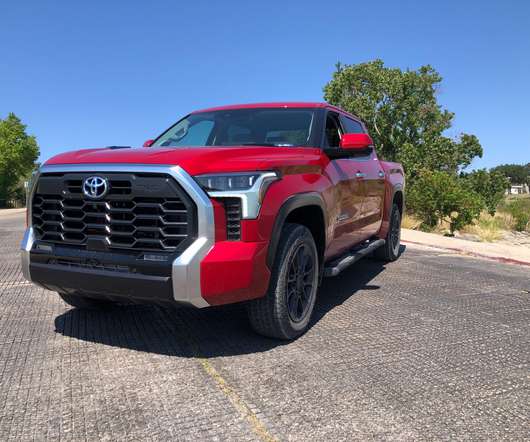Consortium proposes large-scale industrial cultivation of marine microalgae (ICCM) as solution to global energy, food, and climate issues
Green Car Congress
DECEMBER 5, 2016
Members of the Marine Algae Industrialization Consortium (MAGIC), led by Duke University in North Carolina, have published an open-access paper in the journal Oceanography presenting the large-scale industrial cultivation of marine microalgae (ICMM) as an answer to pressing global energy, food and climate security issues. Greene et al.





















Let's personalize your content